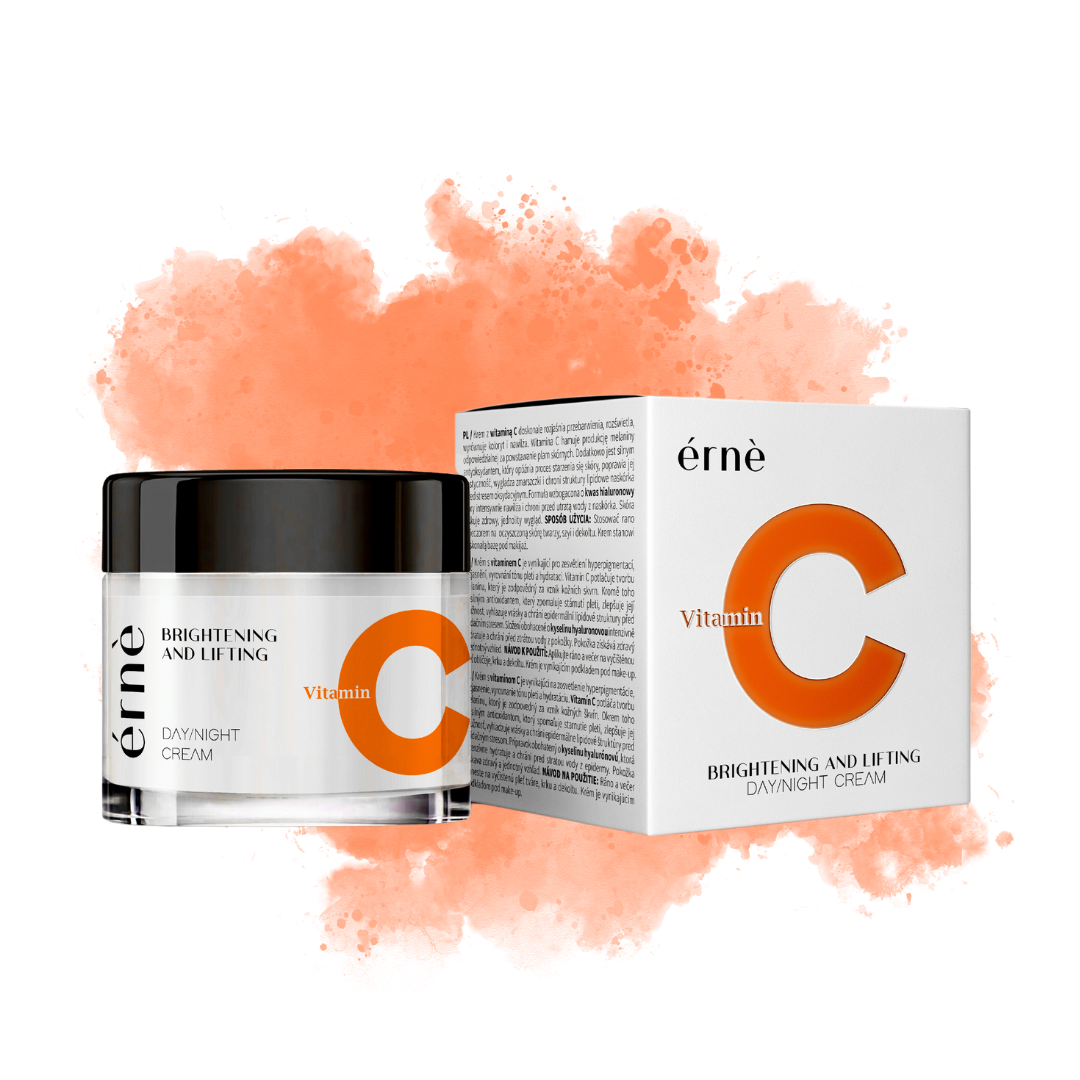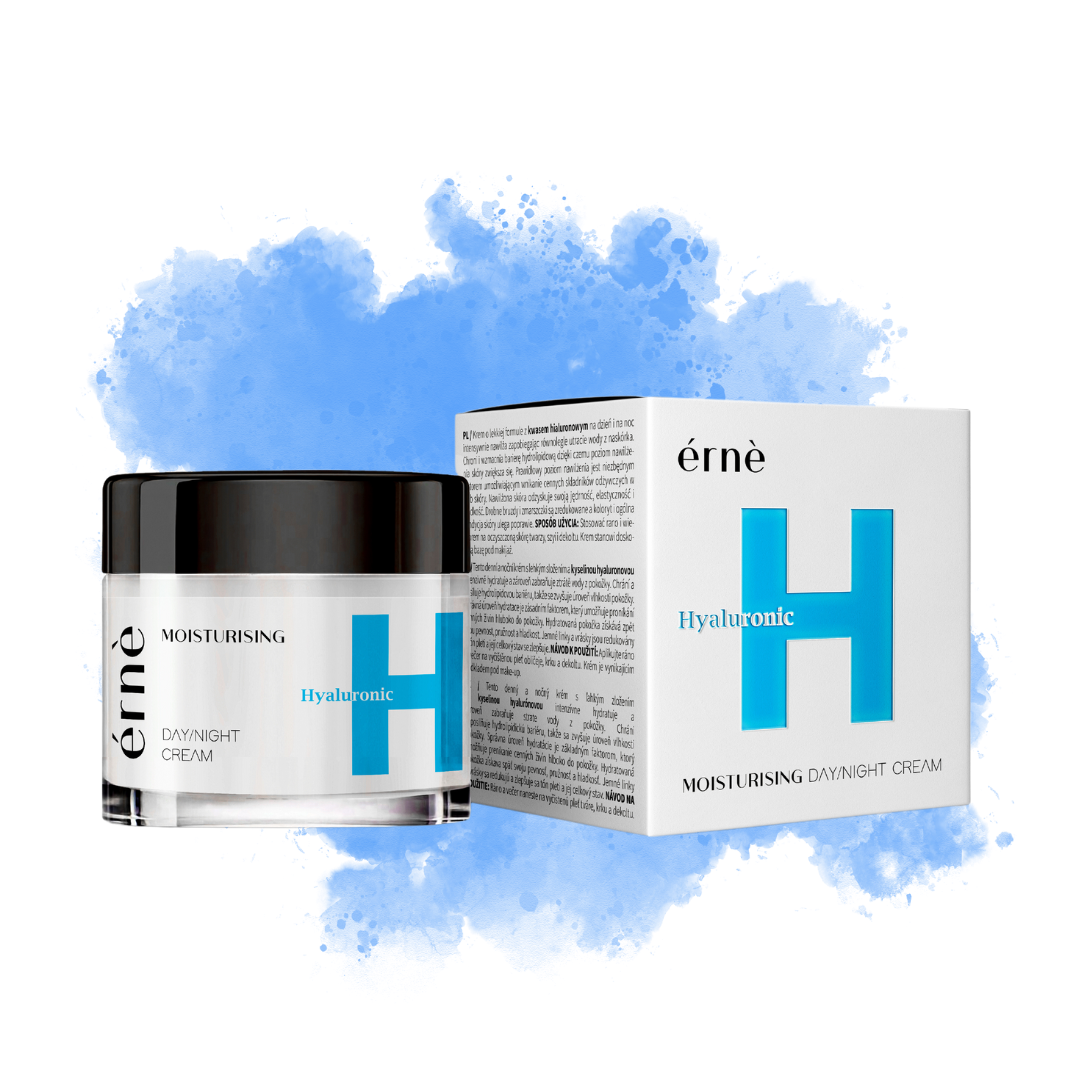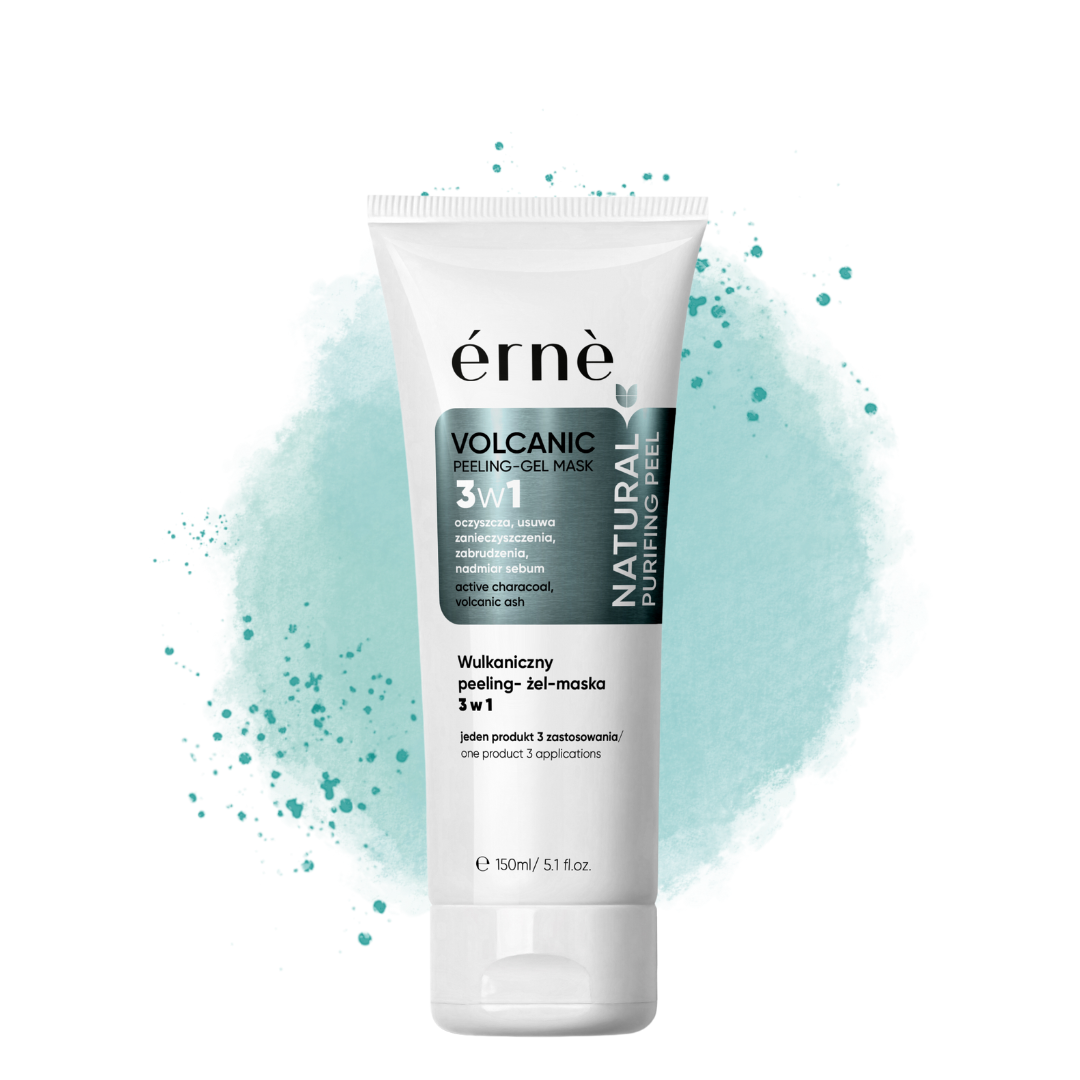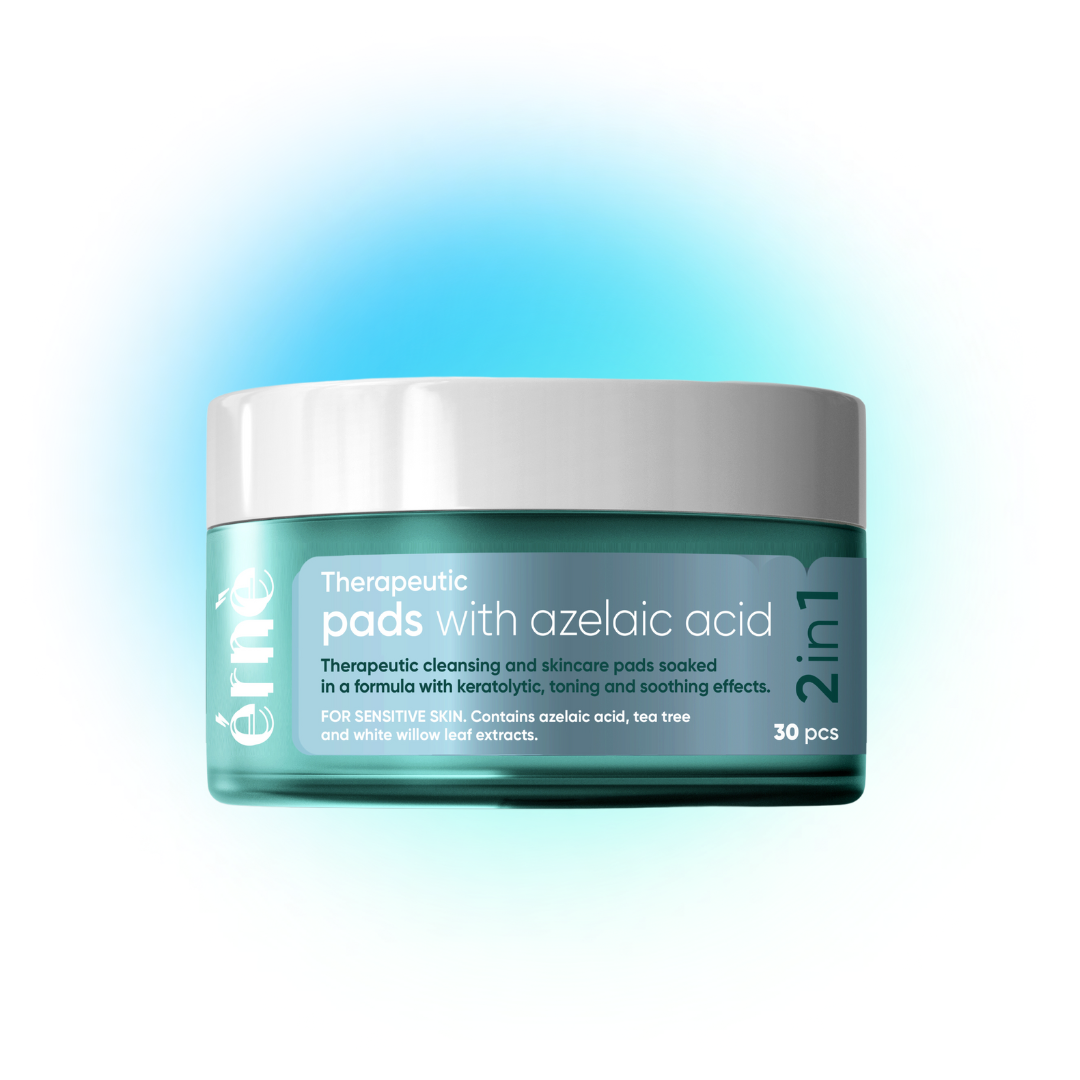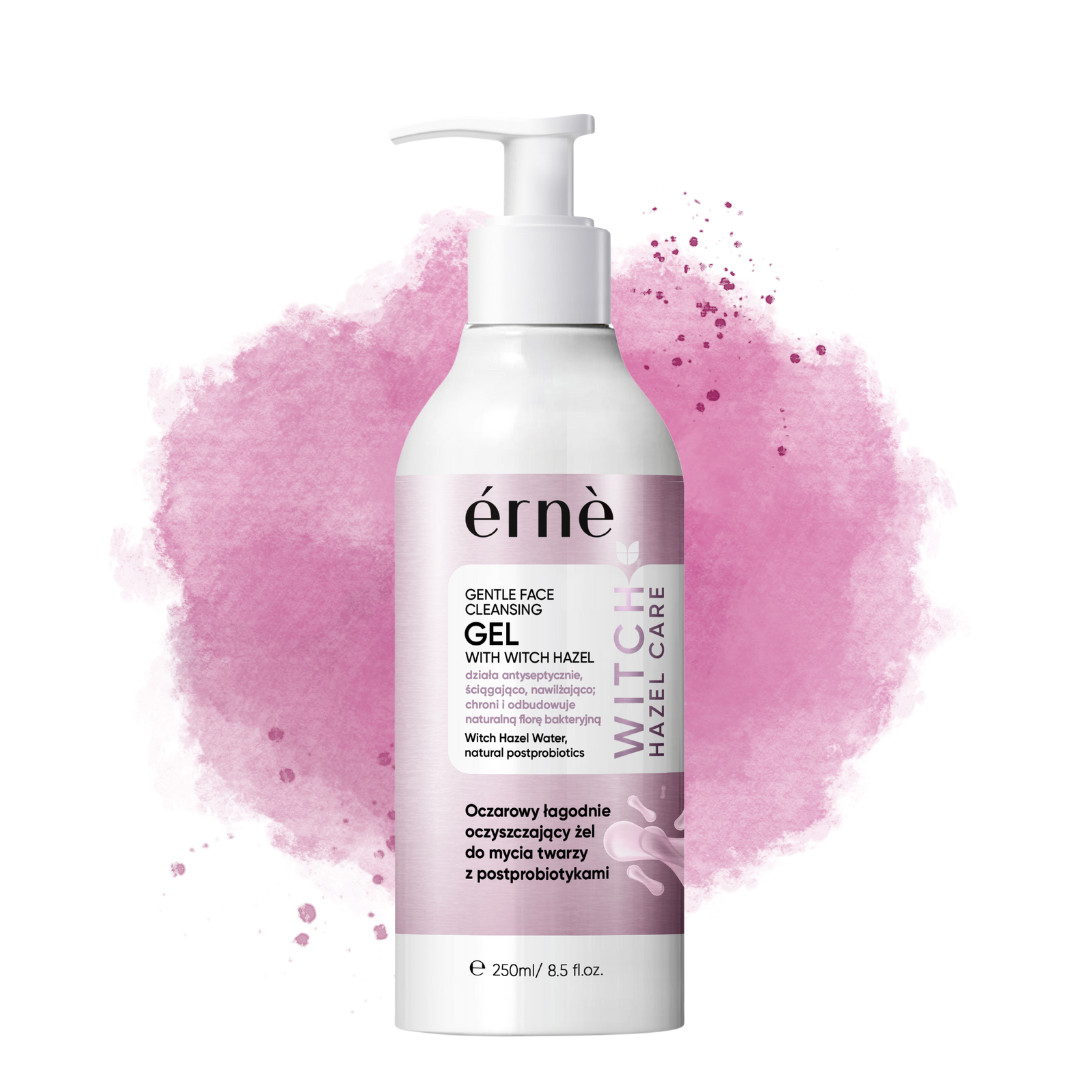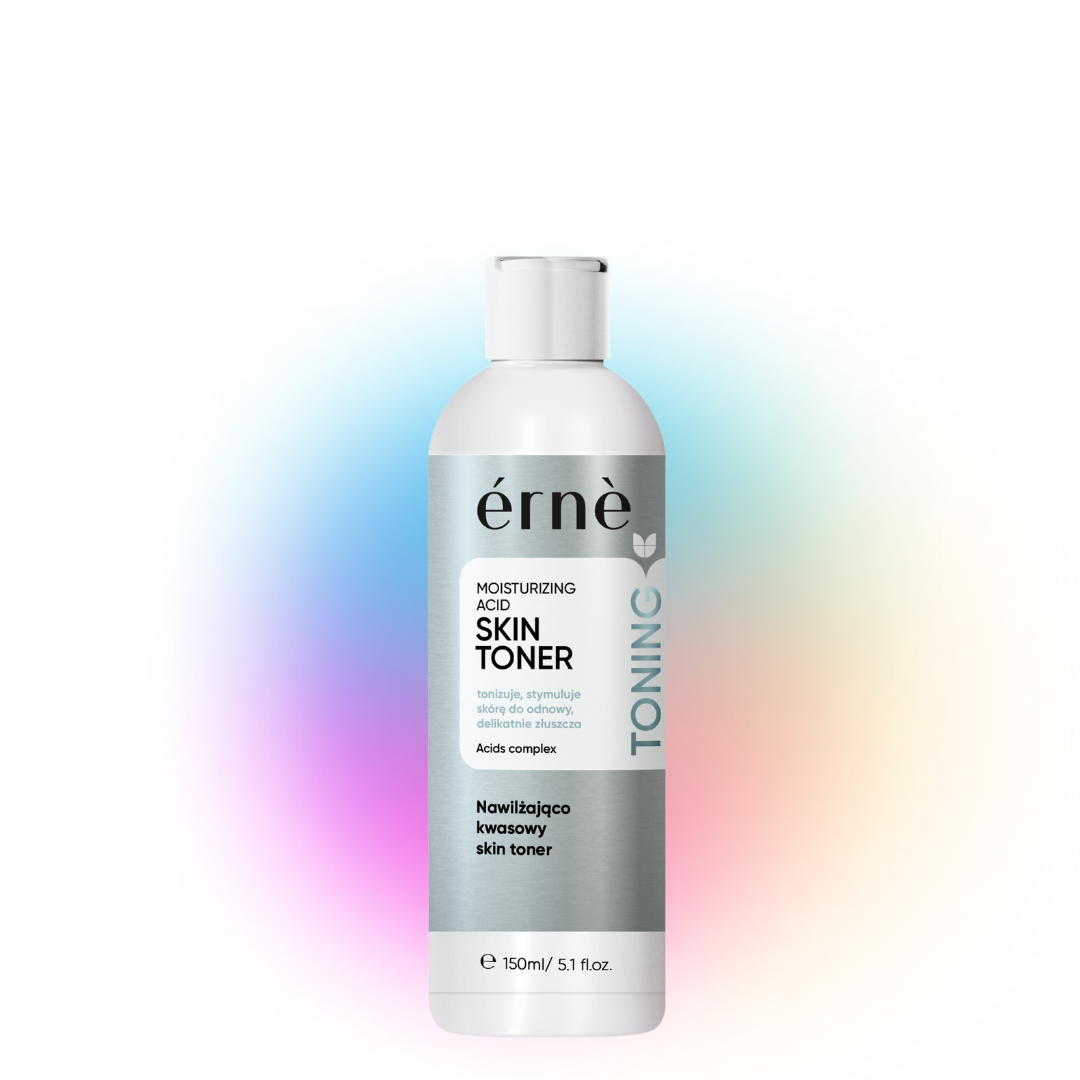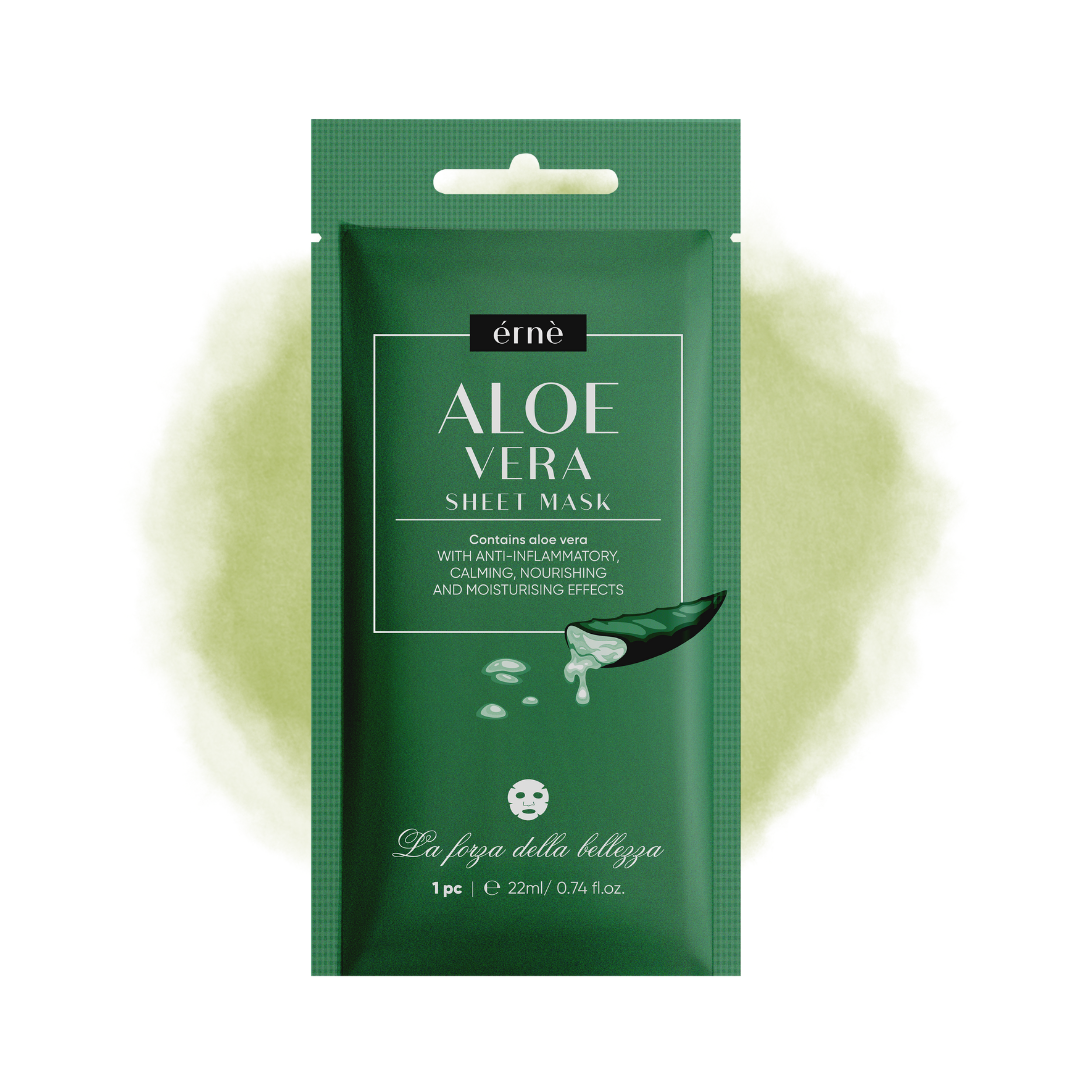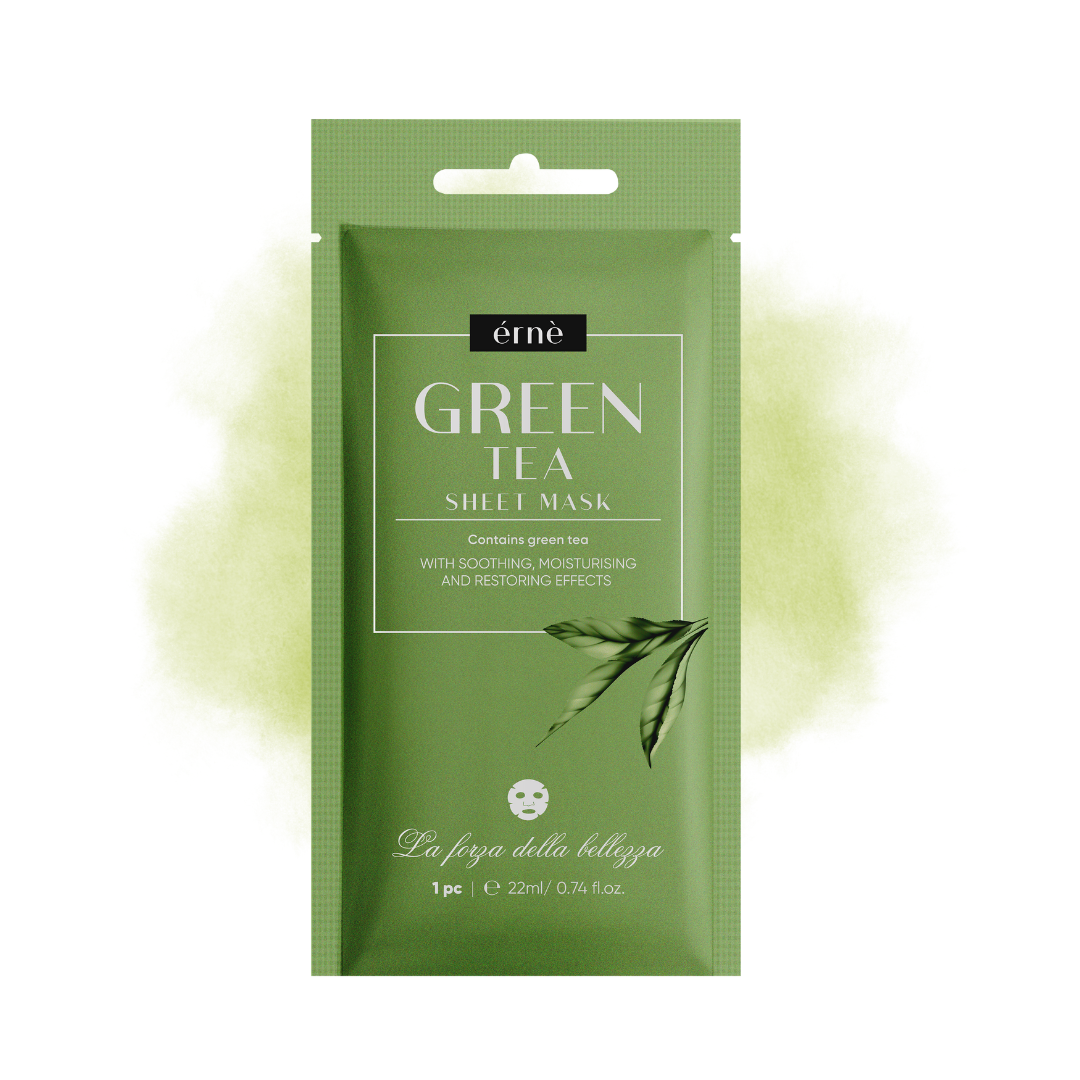Excessively Oily skin / Acne
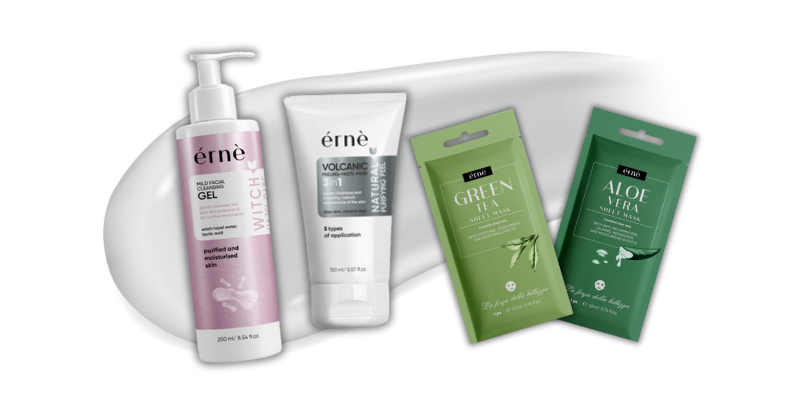
Oily skin is a common skin type characterized by an excess production of natural oils, or sebum, by the skin’s sebaceous glands. Commonly it results in acne, unwanted pimples, excessively oily skin, blackheads, acne blemishes and other unwanted skin problems. Several factors contribute to the development of oily skin, making it a prevalent concern.
Common factors for causing oily skin and acne
Hormonal fluctuations, especially during adolescence, pregnancy, or due to conditions like polycystic ovary syndrome (PCOS), can stimulate the sebaceous glands to produce more oil. Hormonal imbalances lead to an increase in sebum production.
Oily skin can be hereditary. If your parents or close family members have oily skin, you are more likely to have it as well. Genetic factors influence the size and activity of sebaceous glands.
Hot and humid weather can trigger the sebaceous glands to produce more oil as a means of cooling the skin. High humidity levels can make oily skin appear even more pronounced.
Paradoxically, excessive cleansing and harsh skincare products can strip the skin of its natural oils. In response, the skin may produce even more oil to compensate, leading to oilier skin.
Diet plays a role in skin health. Consuming a diet high in sugary and processed foods can exacerbate oily skin. Stress and lack of sleep can also impact hormone levels and contribute to oiliness.


